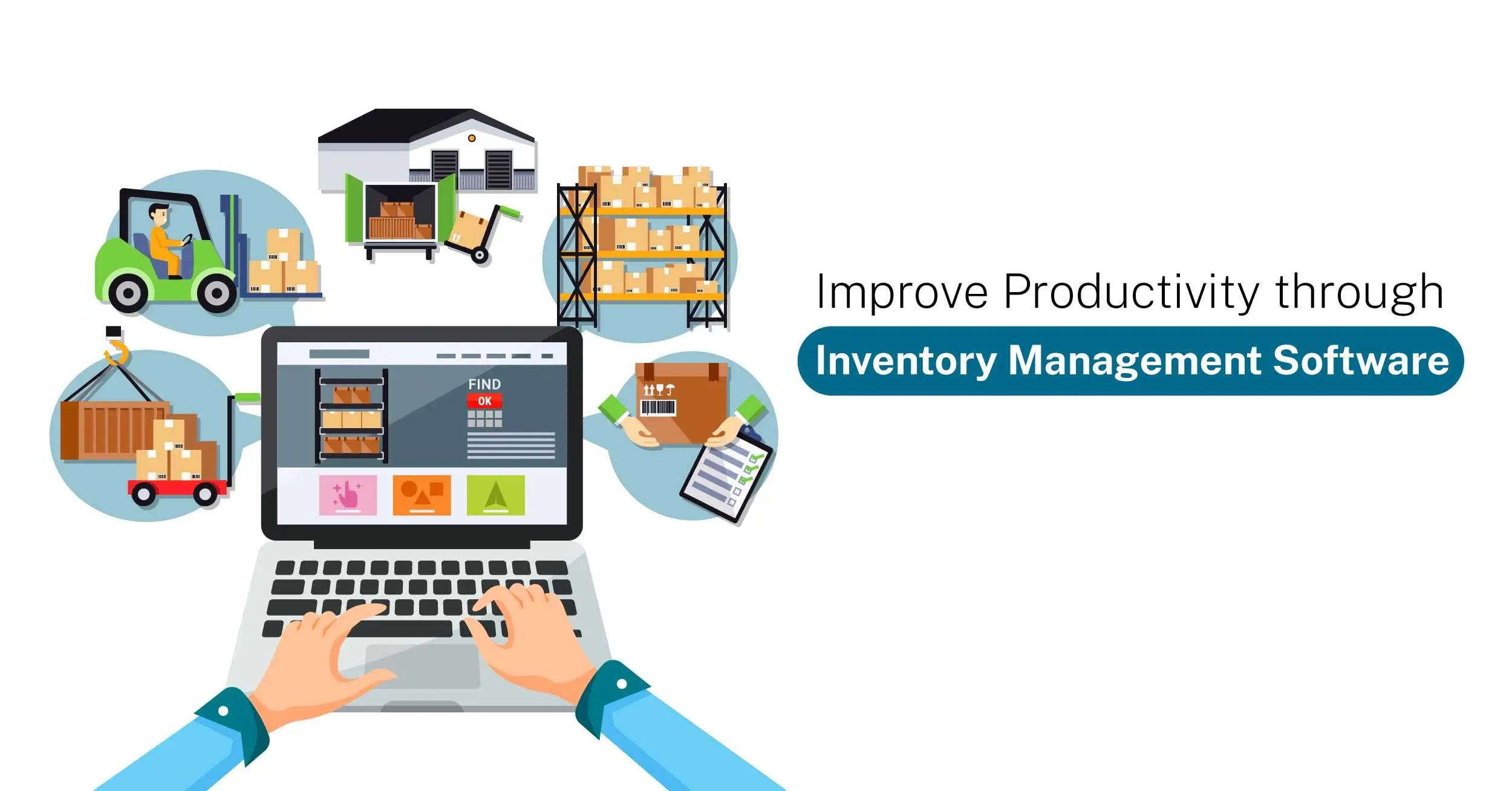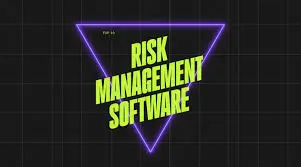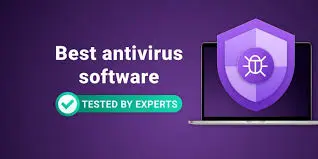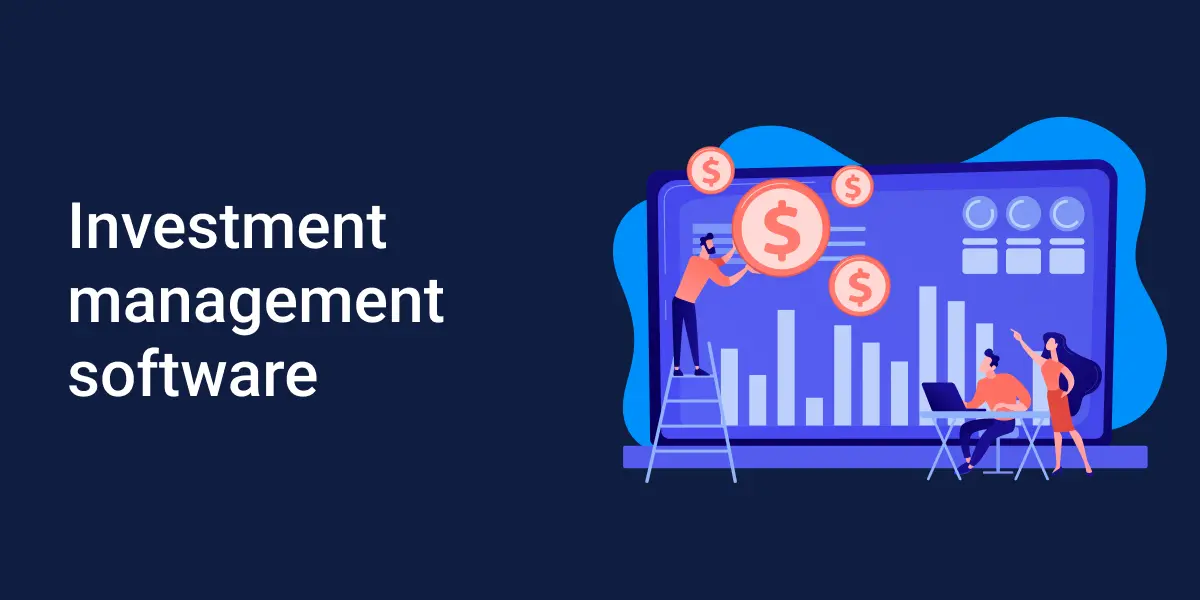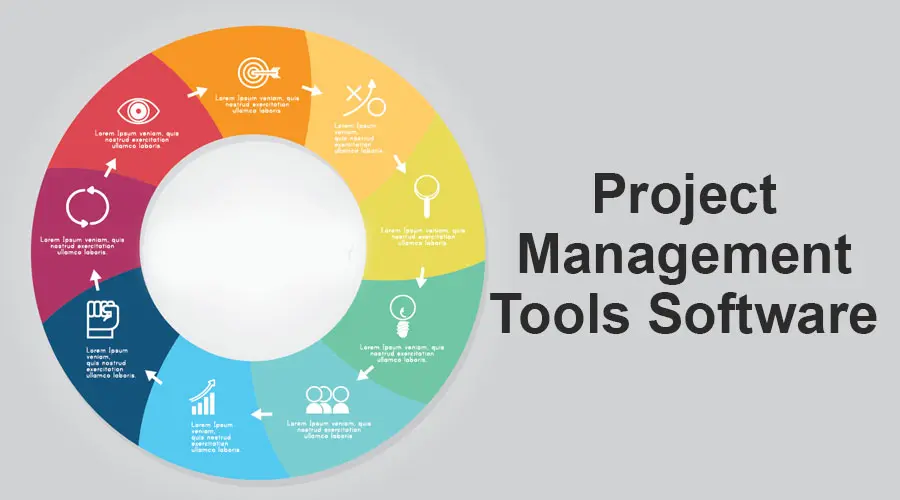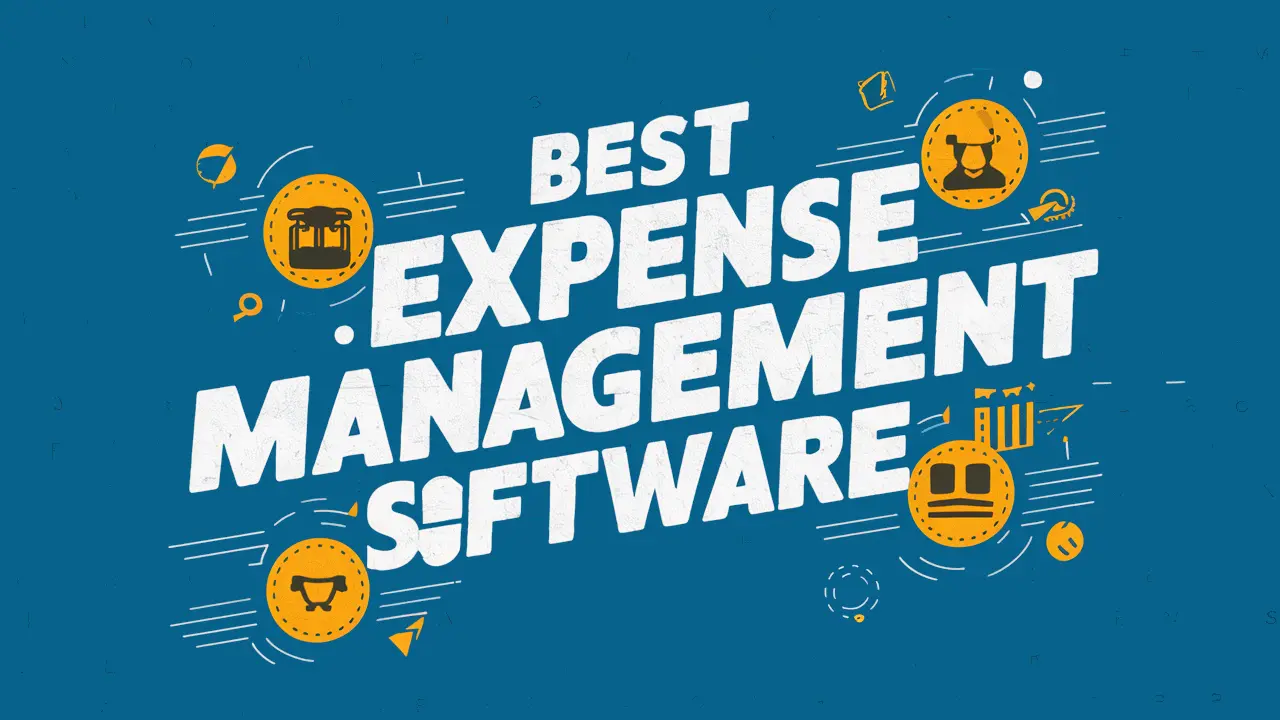
1. Define Your Requirements:
Start by identifying your specific BPM needs. Are you looking to automate repetitive tasks, improve collaboration among teams, or enhance customer experiences? Understanding your goals will guide you in selecting features like workflow automation, analytics, integration capabilities, and ease of use.
2. Consider Scalability and Flexibility:
As your business grows, so should your BPM solution. Look for software that offers scalability to accommodate future needs and flexibility to adapt to evolving business processes without extensive reconfiguration.
3. Evaluate Integration Capabilities:
Seamless integration with existing systems (ERP, CRM, etc.) is crucial for maximizing efficiency. Choose BPM software that supports API integrations or offers pre-built connectors to popular business applications.
4. Assess User-Friendliness:
User adoption is key to the success of BPM implementation. Opt for software with an intuitive interface and robust training/support resources to minimize learning curves and ensure smooth onboarding.
5. Focus on Security and Compliance:
Protecting sensitive business data is paramount. Ensure that the BPM software complies with industry standards (like GDPR, HIPAA) and offers robust security features such as role-based access controls and data encryption.
6. Review Customer Support and Reputation:
Look for vendors known for excellent customer support and a strong reputation in the BPM market. Check reviews, testimonials, and customer satisfaction ratings to gauge the vendor's reliability and responsiveness.
7. Compare Pricing Models:
Consider your budget constraints and choose a BPM solution that offers transparent pricing models. Some software may offer flexible pricing based on user licenses, features, or subscription tiers.
8. Explore Innovation and Future Readiness:
Select BPM software that embraces innovation and stays ahead with updates, enhancements, and emerging technologies like AI and machine learning to future-proof your investment.
By carefully evaluating these factors, businesses can confidently choose the best BPM software to optimize processes, drive efficiency, and achieve strategic objectives in 2024 and beyond. Whether you're a small startup or a large enterprise, investing in the right BPM solution can pave the way for sustainable growth and competitive advantage in today's dynamic business landscape.

